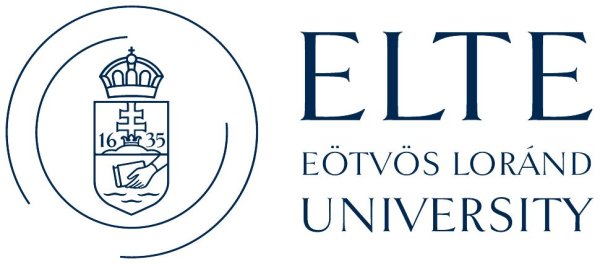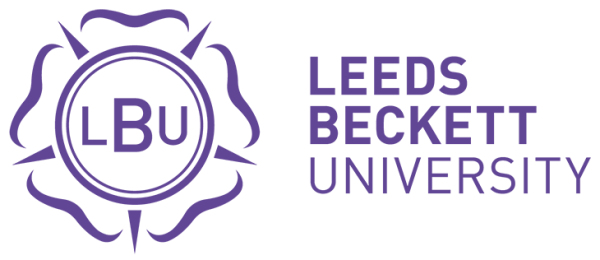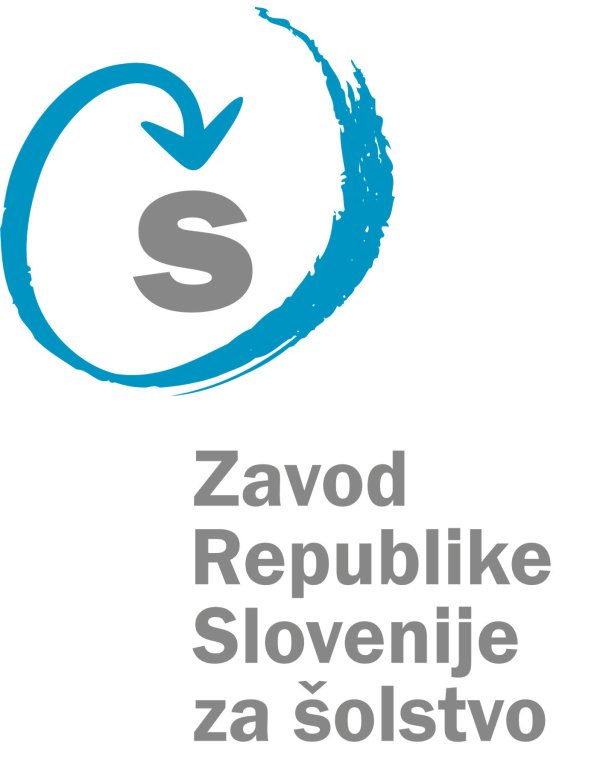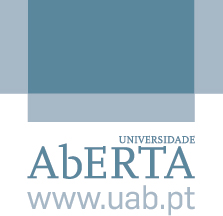Co-coaching in action 2
Watch, read and think about co-coaching in action
Barbara’s narrative
My critical incident took place at a teacher training college in the Netherlands. Just before an oral examination about world literature a student informed me that she had been molested at an early age and therefore refused to discuss Disgrace by Coetzee during the exam. In his novel Coetzee gives quite a graphic description of a rape scene between a young female student and an older professor. I was completely taken by surprise and knew that the same student had volunteered to talk about The Testament by Atwood. This novel is a sequel to The Handmaid’s Tale and is a dystopian vision of everyday oppression of women. So as an examiner I didn’t really see any difference thematically.
I look back on it as a “reflection in the moment” where I decided to go along with her and discuss first The Testaments followed by Foer’s We are the weather, which deals with the climate change. My question would be for this coaching session: do we need to add a trigger warning whenever we discuss short stories, fiction, non-fiction that address sensitive topics, such as abuse, violence, divorce but also eating habits. The other day my early career teacher explained that parents had complained about the fact that their daughter refused to eat meat after having read Foer’s We are the weather. It is my wish to educate critical teachers with a sound knowledge of literature.
Barbara’s reflections
During the conversation I felt an actual tension between confidence and uncertainty. Had I taken the right decision regarding the student in this critical incident? Was the student sincere or did she try to undermine my chosen action? It is my wish as a teacher educator and teacher of literature to challenge and confront students' thinking about their reading history. Sometimes even pushing students to go beyond the climate of safety, which I believe is necessary for learning to take place.
We all need personal experience in teaching and changing our behaviour as a teacher educator. At times the tension that emerges from planning and being responsive is exactly when new knowledge of practice is brought to light. It is a continuous process of my double loop learning, trying to draw meaning about teaching and learning that I may not have previously discovered. So thank you for that experience Sarah.
Sarah’s reflections on conversation with Barbara
I was struck by Barbara’s calm response to a very sensitive issue and her clear thinking about how to prevent it recurring in the future. She made me think particularly about the balance between the personal and professional for both teachers and students in any learning relationship - what do we need to share and what should be kept private? Acknowledging that people might react in very different ways to triggers (and trigger warnings) and that they might need different opportunities to speak up about concerns also seems an important lesson to take away from the conversation.
I’m not sure that we fully addressed Barbara’s wish to have a strategy to use in the future. As her ‘coach’ I feel I should have gently returned us to the outcome she had identified to help conclude the conversation. But 10 minutes is very short for a co-coaching conversation. I think a longer conversation would have been useful to allow us to explore the issues deeper and develop ideas further. And I’ve also learnt that asking effective co-coaching questions well is difficult - I was grateful for the RAPIDE prompts!
Transcript
Sarah | So, Barbara, You're facing some challenges in your practice around trigger warnings I think. Is that still what you'd like to speak about today? |
Barbara | That would be perfect, Sarah. Thank you. |
Sarah | OK. And what would be a good outcome for you today after our conversation? |
Barbara | All that you sort of think, well, I might be able to repeat that behavior and maybe add a few sentences. Because what I experienced was, was very much a reflection in the moment. I had to immediately respond knowing that I had two people waiting for me in the examination room, and you never know for sure that you respond correctly and yeah, give everybody a chance. |
Sarah | OK. Do you want to say a little bit more about that response and what happened in the moment? |
Barbara | Yes. So my my student wanted to have a quick chat before we actually went into into the examination room and I was quite surprised to hear that she said she didn't want to discuss ‘Disgrace’ because she had experienced something awful when she was younger. And I was completely taken by surprise and said, well, of course I would, I would not discuss that novel, and try to focus on other novels. And then so we went inside, and that's what happened. I never discussed ‘Disgrace’, but I did, well she had a long turn on ‘The Testaments’ by Atwood which I think could be similarly upsetting for a young student. But these are all thoughts and I felt I couldn't really discuss them as it was an examination moment and there were two other people in the room. So you feel very much confined in what you can do as a teacher. But yes, you want to respect her feelings, you don't want to upset her before she takes the exam. |
Sarah | Yeah, you talk there about her feelings and her being upset. What about your feelings in that moment? How did you feel? |
Barbara | Well, as I said, it was completely taken by surprise. And then of course you do get the feeling as a teacher, do I do the right thing? Am I being consistent? Is this fair? Because any book I discussed with them has upsetting moments. And uh, yeah, you don't have time to actually go into all these thoughts and discuss matters with her. I wished she had said so a while ago and not 5 minutes before the actual exam. So you feel a bit, you feel vulnerable, I suppose, yes. |
Sarah | OK. So there's some interesting words you use there about being fair and consistent. So is that what you'd like to sort of work towards to, to having strategies that help you with that? Is that when you say you want to be when you know, next time it happens? |
Barbara | Yes. See, if if all this had happened before the actual discussion of the novel, it would have been different. I think it was, especially because it was an examination moment where I had back-to-back exams that you just have to, uh, respond quickly and uh, you know, be professional and you can't then really get your own feelings in the way because you have to be correct and it has to be fair. That that's why that's why I had all these mixed feelings about whether I should should have discussed this with my colleague, whether I've taken the right steps. And and it was as I say it was a surprise and it sort of gave me the sort of yeah a principle that I now whenever, I started two different courses this week, I give them a trigger warning and I actually say before I start my courses, well there might be potentially sensitive issues here and you're free to leave the room. Which is something I've never, never ever done before. And I have been teaching for the past 30 years. |
Sarah | Yeah, OK yeah. I think it's a really interesting dilemma and it's, it is obviously a very complex situation as it was and there were other people involved, as you mentioned there in the room as well. I wonder how they felt and whether you spoken to them about it since it happened. |
Barbara | I didn't of course discuss it with the student who was already in the room, but I did discuss it with my colleague afterwards. And I just, I just focused on how surprised I was and how my colleague immediately said, well, you know, what about ‘The Testaments’ and what about ‘We are the Weather’ by Foer, which might also be upsetting because it's all about not eating meat, which is a different sort of being upset, but it can also trigger things. Any literature should trigger things, yeah, yeah. To trigger emotions. |
Sarah | Absolutely, yes, yes. And you mentioned you haven't spoken to that student. Have you spoken to any other of your students? |
Barbara | Well, I noticed when I discussed ‘Disgrace’, there was one student who I mean, you always look at them, this was a face to face teaching. And I I think, sort of, she was In my vision, I decided that she responded, also quite upset about rape. And then, when I'm aware of that, I will not include them in the questions I have because of course if they are emotionally involved in the story, it's really up to them to share things. And if they don't want to share anything, that of course I fully respect. But I do feel because all of them are teachers or will become teachers, [they] should become aware of these moments where a pupil or students can become very personal, but you should sort of move between you being professional and you being personal and what you share with your class. And I'm very much aware of that. I share some things and some I don't with a particular group. |
Sarah | Hmm. Yeah, that sounds like a real challenge that balancing the personal and professional. So I'm wondering sort of what you've learned from the situation and what you take forward, you know, how would you deal with this in the future and you feel? |
Barbara | Well, I suppose I'm even more careful about the language I use and the questions I pose. And I suppose I also allow for more silences, because I'm aware that some of my students are very forward going and others move away and think I'd better not discuss this. But we should all try and feel in that moment where, you know, things might get a bit complicated. That's part of teaching. And so I'm very much in a double loop learning. I posed the questions, but they of course might do the same to their students or pupils. And I know they've also been in awkward situations. So sometimes you use it to mirror. And so they find the space and the time to say and share a teaching moment where they thought, oh, this is going to be delicate for me, what can I do? And then some of them actually say I think I just made a wrong comment. I should have said the following. Which I think is only normal. We're only human. And you're not always aware of what you say, how it lands with your students. You don't always know that. And sometimes you're tired and you know you say before you put your brains into action. That happens. |
Sarah | Yeah, yeah. So it's really important learning I think for both yourself and your students in this this context. And I'm wondering about other, you know, it's obviously something that’s an ongoing dilemma and I'm sure it is for many other people as well. So do you think there's any other resources or support that you you might need or lessons that you might take forward for others? |
Barbara | Well, I think I find it very important to also establish relationships with my students. So therefore if I upset them, I'd like to immediately know about it. And I also try to not to discuss this in class with 20 present, but to maybe say maybe we should have a chat afterwards. Because I do realize that some of the materials in my stories are quite delicate and you don't know where you start. You know that there is this trigger, but then I don't know where the other person goes to in her mind that of course you don't know you. You do know a little bit about your students, but fortunately not everything. And so even in this case I thought I don't know whether I want to know this about her, so that that makes it extra awkward. |
Sarah | Yeah, yes. Yeah. It's going to be an ongoing process isn't it, to work out routes through this, but I hope in even in that short conversation has there been anything that's come out of that’s helpful or that you'll take forward. |
Barbara | No, I think it's good to talk about moments where you feel insecure and you don't know how to respond and I, I tend to do that with my colleagues and and say hey, this is what occurred to me. How do you usually respond? So there is we do do have some Co coaching and you know very much unplanned. So this, this is of course planned. So thank you for that Sarah. |
Sarah | That's great. Well, thank you, Barbara. |









